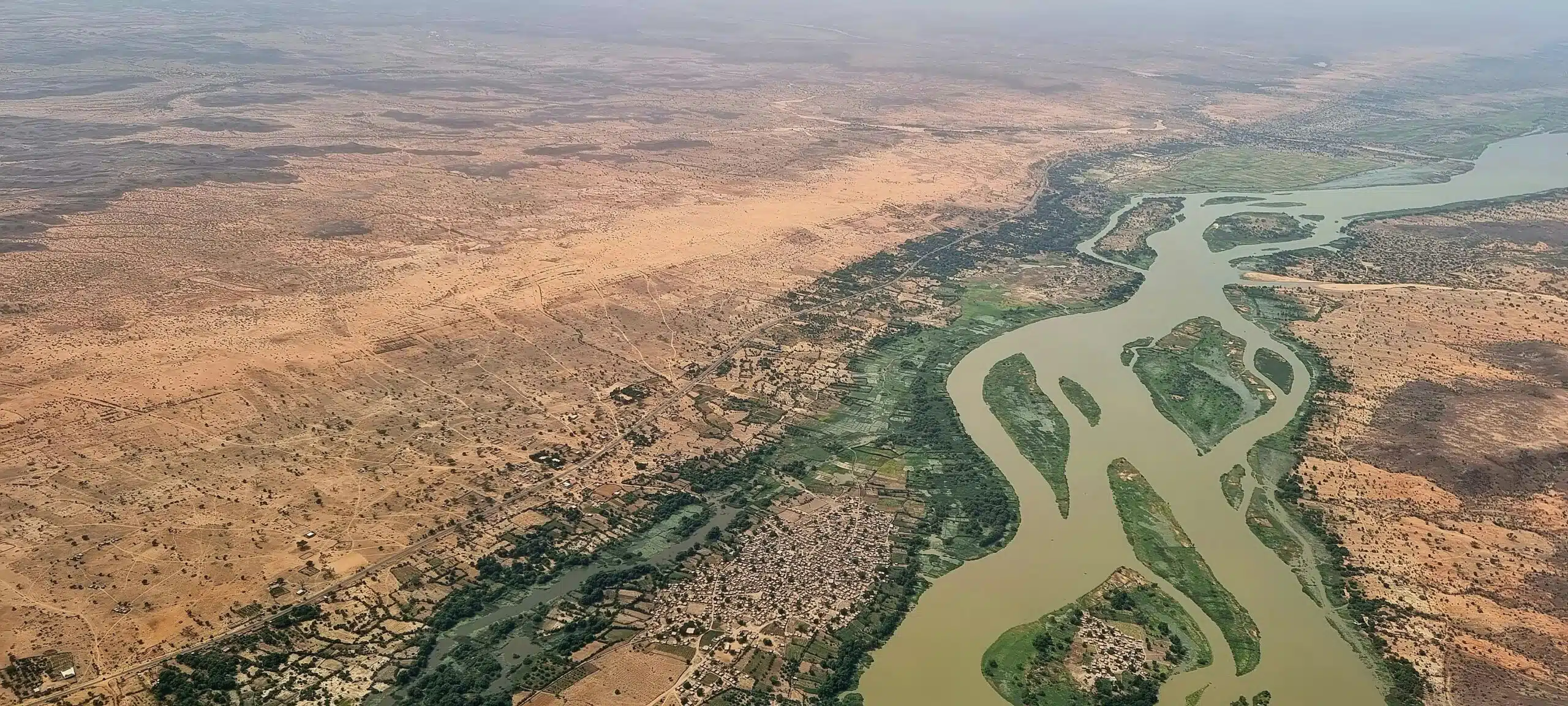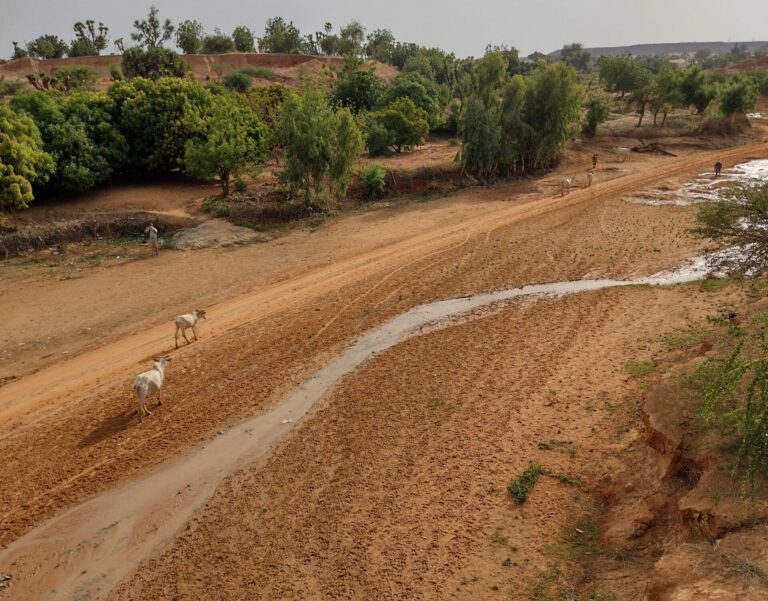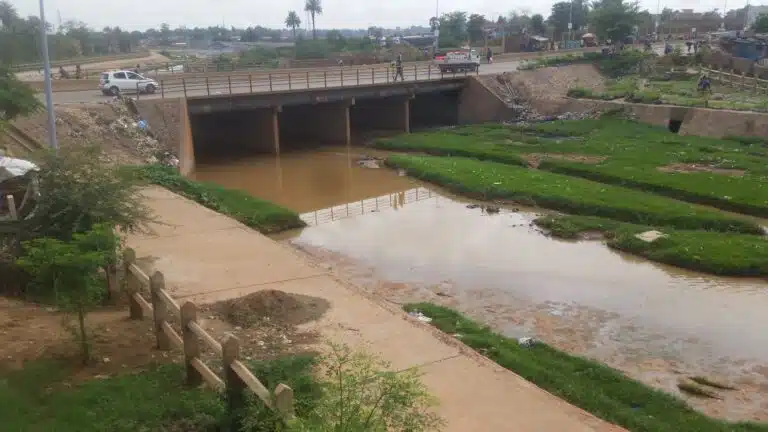Building the case for stronger, people-centred hydromet services
Niger faces a complex mix of climate hazards, from flash floods to prolonged droughts. Yet the country’s hydromet and early warning services have remained limited in their ability to support timely, informed decision-making. As part of a wider effort to strengthen national services, we were commissioned by the World Bank in 2021 to carry out an evidence-based assessment to guide future investment in Niger’s national meteorological and hydrological service (NMHS) and the agencies this comprises.
The work involved identifying user needs across the entire hydromet value chain, assessing institutional and regulatory frameworks, reviewing data sharing arrangements and regional collaboration, and analysing the current strengths and weaknesses of the NMHS. The assignment also explored opportunities for public–private collaboration and provided prioritised investment recommendations grounded in benefit–cost analysis, user requirements, and long-term sustainability. It was carried out safely and securely in a fragility, conflict and violence (FCV) country setting.



